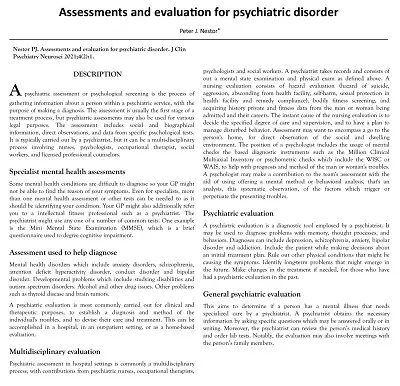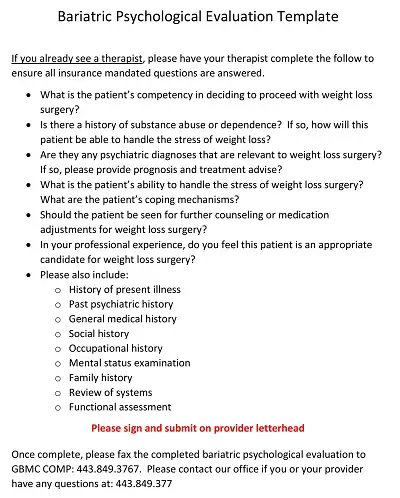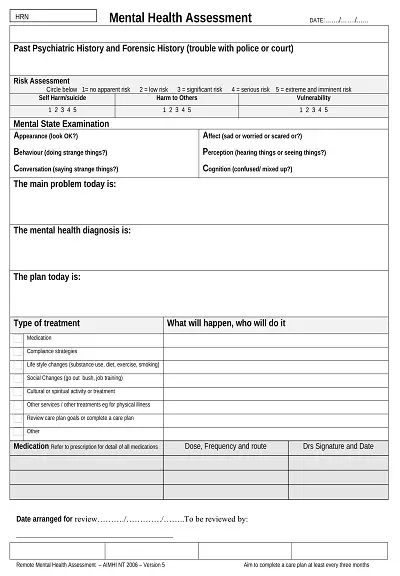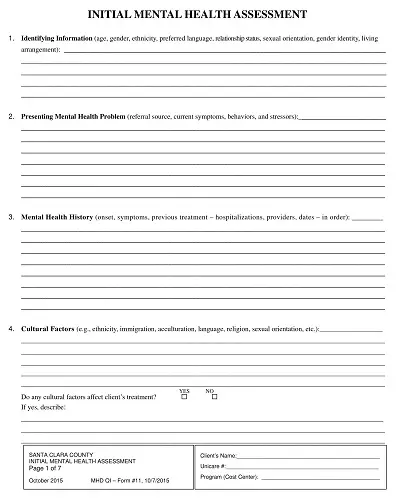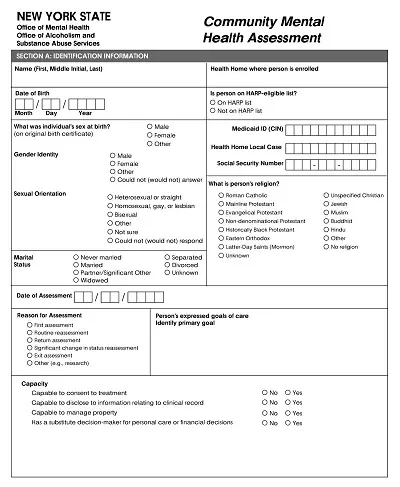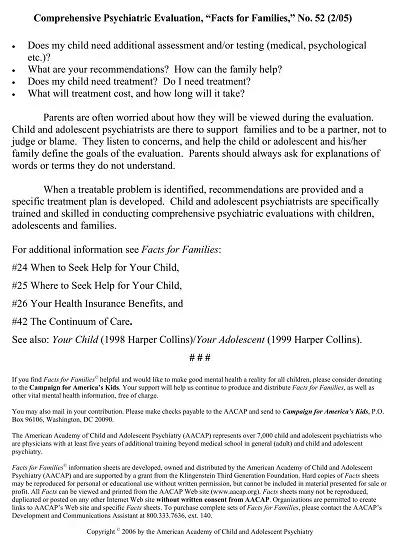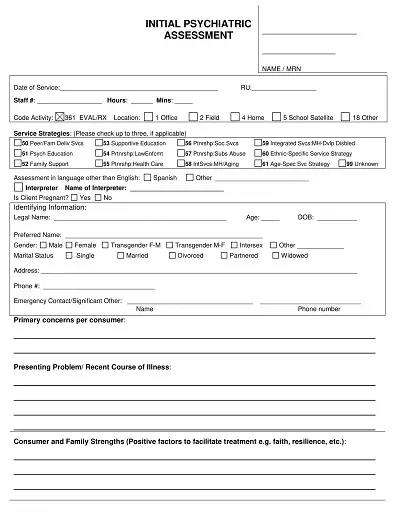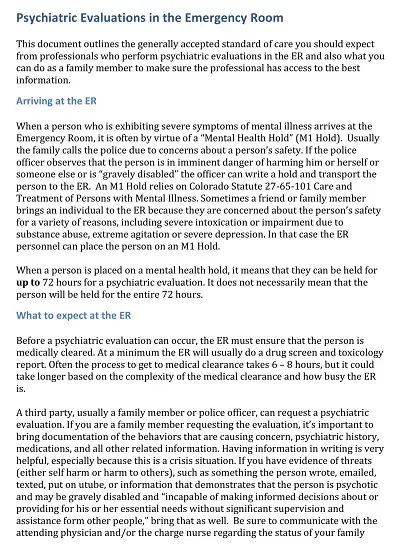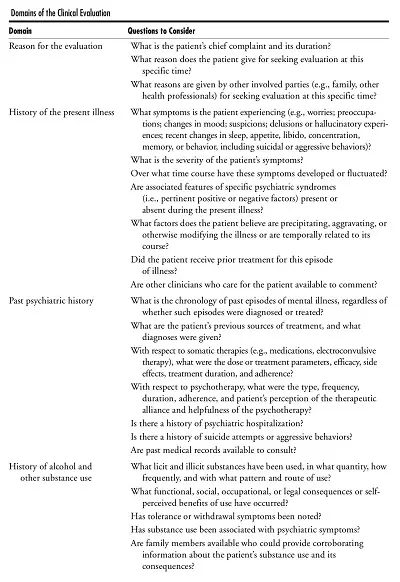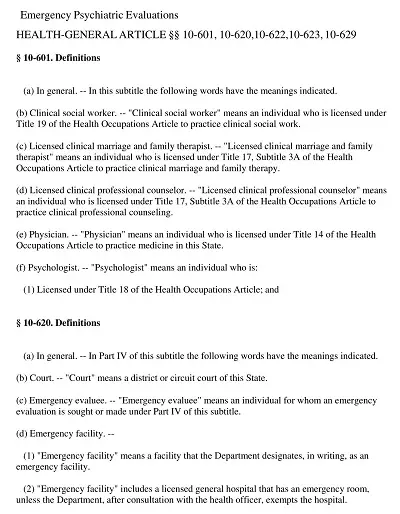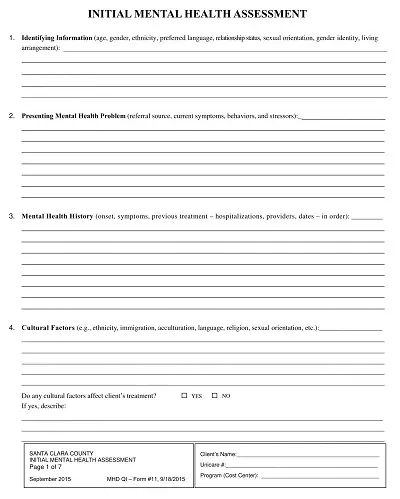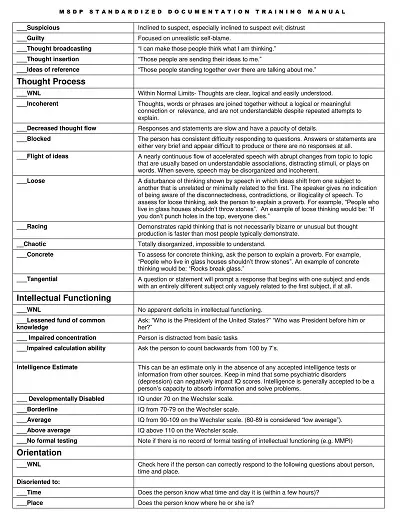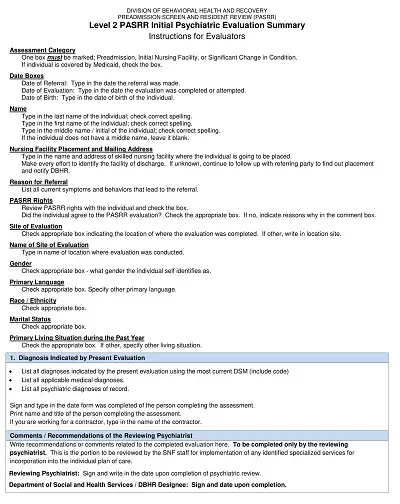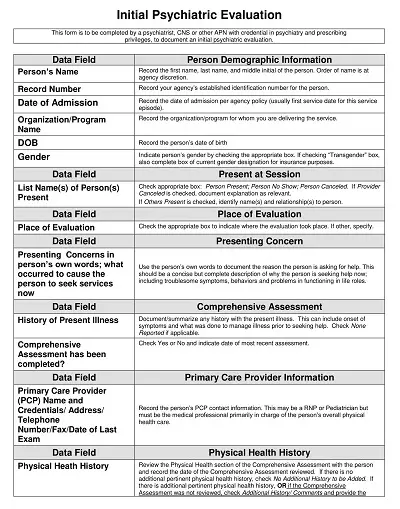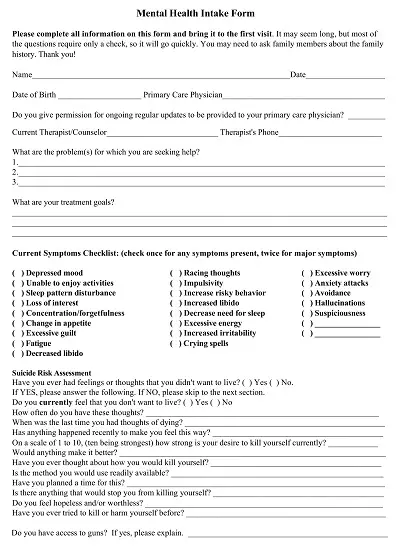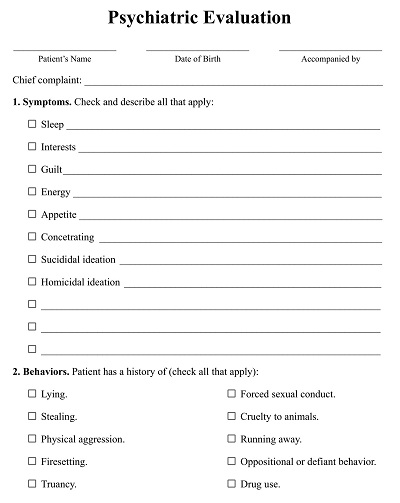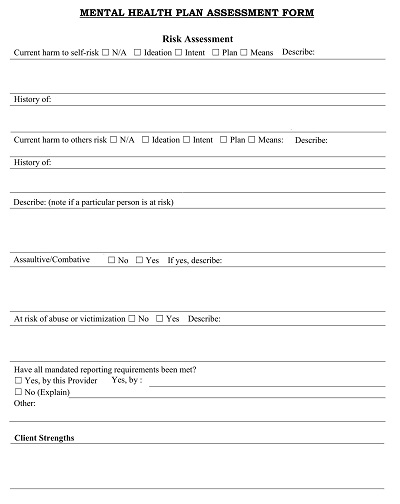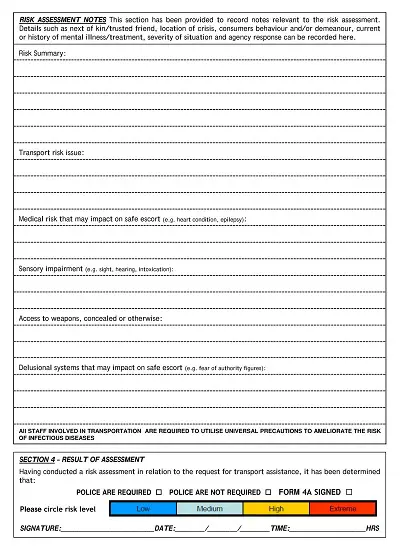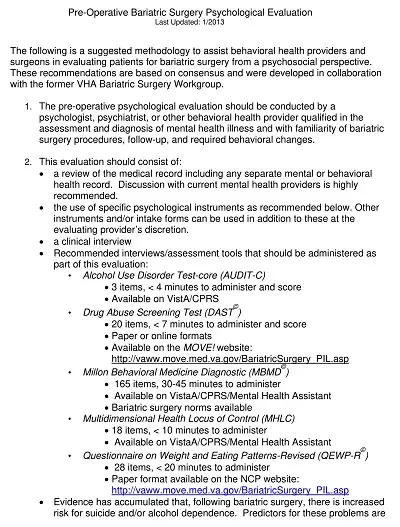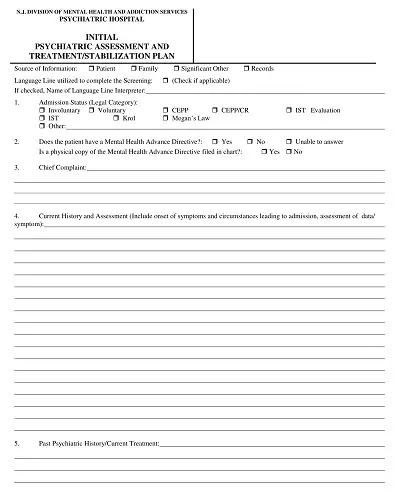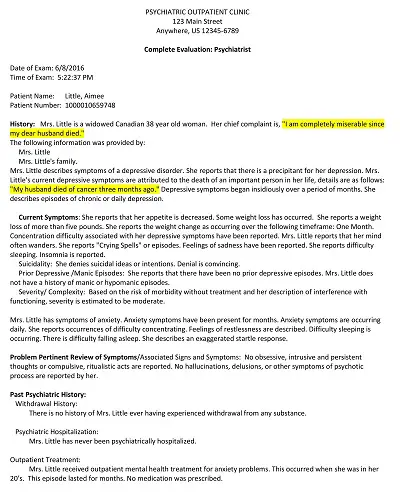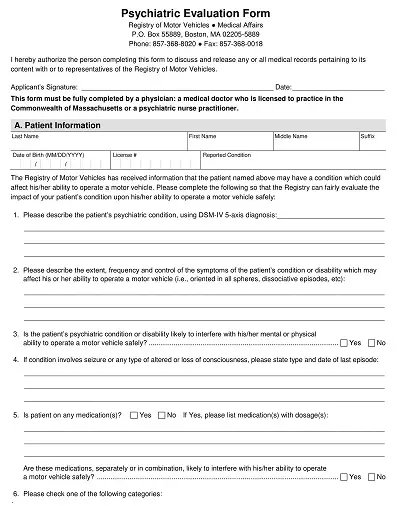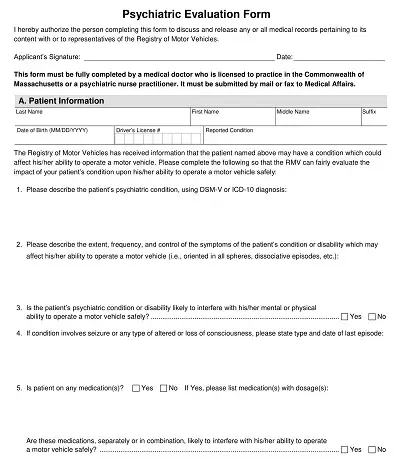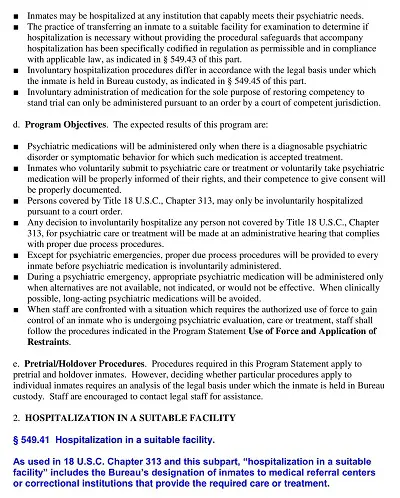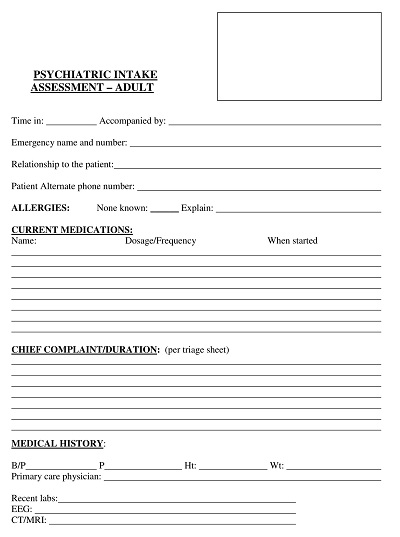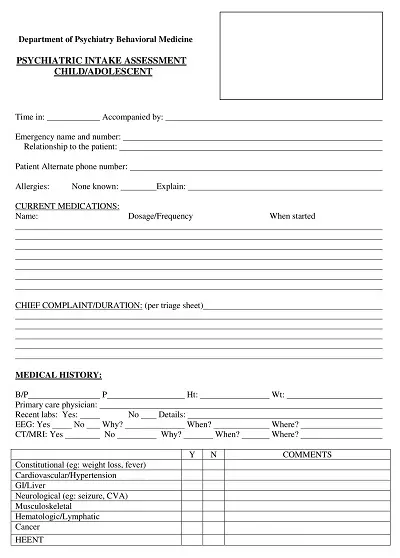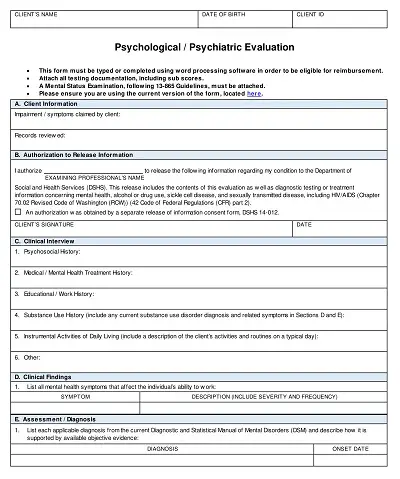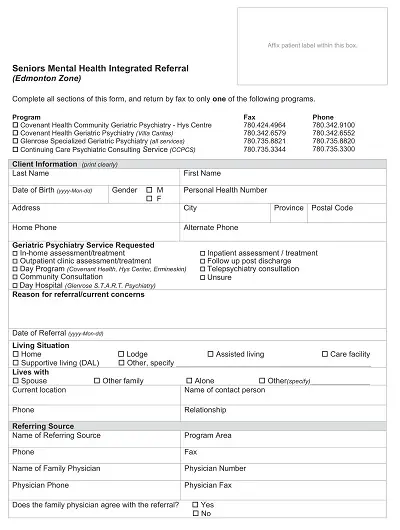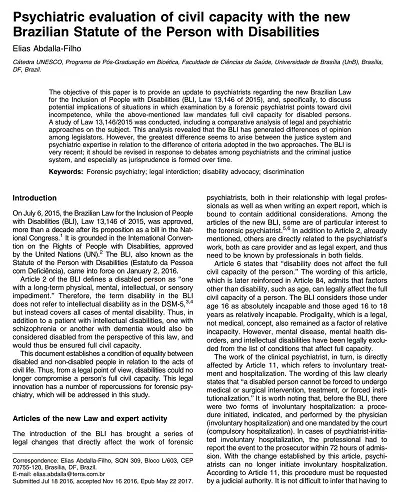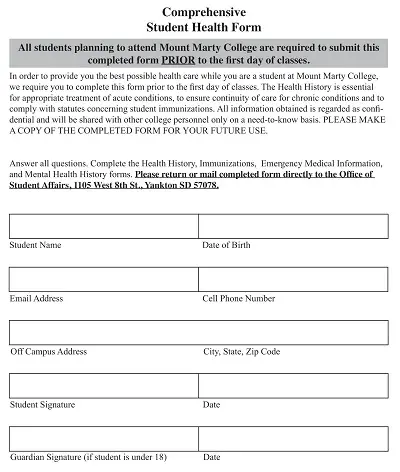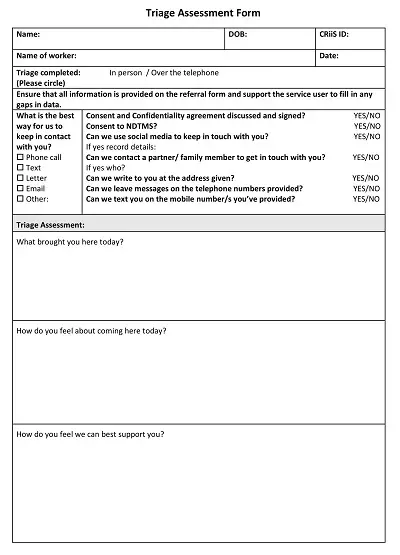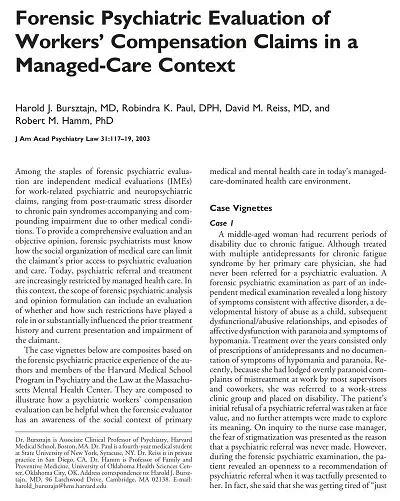42+ Free Psychological / Psychiatric Evaluation Form Templates – PDF, DOC
A Psychiatric Evaluation Form Template is an essential document for gathering and assessing relevant personal, medical, and family information in evaluating a patient. It serves as a useful reference, allowing psychiatrists to provide quality care and treatment through an organized method of data collection that conforms to the needs of any mental health practice. By using these templates, psychiatrists can stay organized while dedicating ample time to assessing different aspects related to the patient’s mental health condition.
Table of Contents
Furthermore, the form template provides greater accuracy and uniformity when compiling the gathered information into a comprehensive report for review by both clinicians and other medical personnel. Ultimately, this form template helps psychiatrists obtain valuable insights into their patients so that better care can be provided.
Download Psychological / Psychiatric Evaluation Form Templates
What is a Psychiatric Evaluation Form?
A psychiatric evaluation form is a type of assessment that a psychologist or psychiatrist will use in order to acquire more information about a patient. It is a way to accurately diagnose mental health conditions, assess emotional and behavioral progress, gain more insight into the unique needs of the individual patient, and firmly establish a recommended course of treatment. It includes several parts such as the evaluation of mental status in terms of appearance, behavior, interpersonal relationships, mood, thought process, and content.
Furthermore, various tests can be used to supplement the evaluation including structured interviews, cognitive ability assessments, and symptom questionnaires. The psychiatric evaluation form is an essential tool for understanding the mental processes of the patient-providing invaluable knowledge for successful treatment outcomes.
Purpose of a Psychiatric Evaluation Form
The purpose of a psychiatric evaluation form is to gain an understanding of an individual’s mental health. It assesses the person’s clinical state, emotional and cognitive functioning, social life, and overall psychological well-being through a series of questions. The information collected allows healthcare providers to identify any mental health issues or difficulties experienced by the patient as well as any risks they may pose to themselves or others.
This also provides insights into how best to promote long-term recovery and develop more effective plans for their treatment. In summary, the primary goal of a psychiatric evaluation is to provide an accurate assessment of an individual’s mental health in order to help them achieve a healthier state of living.
Importance of a thorough Psychiatric Evaluation
A thorough psychiatric evaluation is a crucial component of getting an accurate and well-rounded insight into one’s mental well-being. Such evaluations involve taking comprehensive medical, family, and social history, a physical exam, laboratory tests, psychological assessments, and diagnostic interviews to accurately identify a range of mental disorders.
By taking such measures, psychiatrists are better equipped to provide evidence-based recommendations such as tailored treatment plans, self-help approaches, and lifestyle modifications that can drastically improve the quality of life for those experiencing mental health issues. Without conducting a thorough evaluation, there is a potential risk of misdiagnosis or improper treatment that could lead to further harm in the long run. As such, it is extremely important for psychiatrists to conduct baseline evaluations when providing psychiatric care.
What to expect during a Psychiatric Evaluation
When faced with a mental or emotional challenge, an evaluation by a psychiatric professional may be necessary. This clinical interview is a crucial step in understanding the causes and effects of various mental health disorders. A psychiatric evaluation allows your trusted doctor to observe symptoms, provide an accurate diagnosis and determine potential treatment options that may be beneficial. During the session, your physician will ask you questions about your background, medical history, and current struggles so it is important to be prepared with honest answers and open dialogue. The care team will work hard to ensure you are comfortable throughout the process of getting the proper care needed for optimal well-being.
Creating an Effective Psychiatric Evaluation Form Template
For mental health professionals, having a well-crafted psychiatric evaluation form template is essential for gathering information from clients. It’s important to have a form that is easy to use, comprehensive and organized so that the evaluation process can be efficient and effective. Here are some tips for creating an effective psychiatric evaluation form template.
Gather Necessary Information
The first step in creating an effective psychiatric evaluation form template is to gather all the necessary information you need for your client evaluations. Start by making a list of all the questions or elements you want to include in your form. Consider things like patient demographics, medical history, medications are taken, diagnosis and treatment plans, consent forms, etc. Once you have this list compiled, you can start organizing it into a more user-friendly format.
Organize Questions Intelligently
Organizing your questions and/or topics in an intelligent way is key when building out an effective psychiatric evaluation form. This means grouping related questions together and using clear headers or labels to indicate what each section covers. This will help streamline the process for both yourself as well as your clients who will be filling out the forms. Additionally, make sure there are no duplicate or unnecessary questions included in the form, this can cause confusion or lead to inaccurate data collection.
Include Enough Space for Answers
Another important factor when creating a psychiatric evaluation form template is ensuring there’s enough space for answers. Make sure that each question has enough space for someone to write their full answer. Whether that’s in the form of text boxes or checkboxes so that their response isn’t cut off or squeezed into too small of a space. This will also help ensure that everyone who fills out the form feels comfortable giving their full response without worrying about running out of room on the page.

